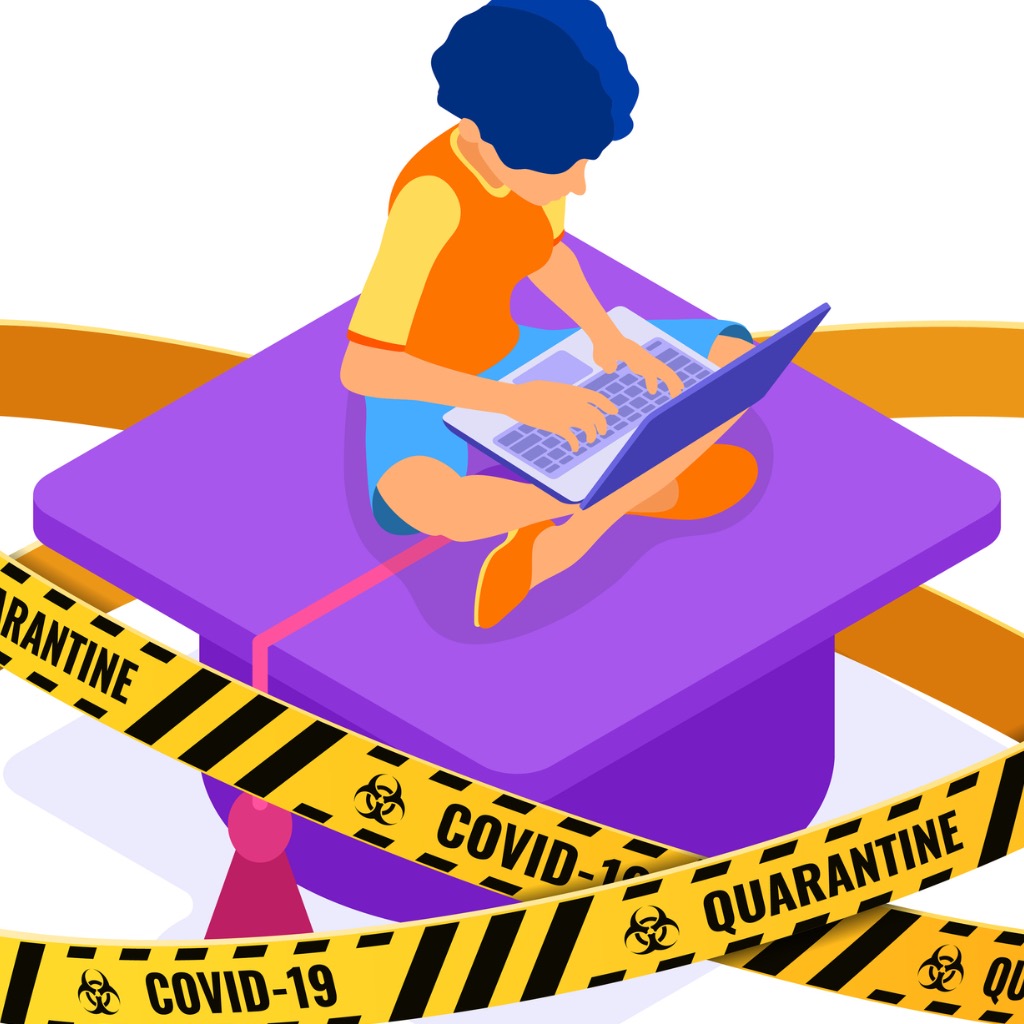The survey involved 161 primary and upper secondary schools, including vocational schools, 4 796 teachers, and over 27 000 learners. Its implementation was supported by the Ministry of Science and Education of Croatia.
Distressing learner outcomes
The survey finds almost 60% of graduating upper secondary learners consider the pandemic has highly disturbed their lives, highlighting the negative impact on mental health and involvement in extracurricular activities, hobbies and sport. Psychologists and pedagogy specialists in schools also note a significantly higher incidence of depressive and anxious disorders, phobias and fears among learners, although it is noted that the prevalence of bullying generally stagnated.
Most graduating learners (68%) indicated that the need to wear a mask considerably affected their learning experience. From a learner perspective, the organisational adjustments to teaching and learning caused by the pandemic mostly affected motivation, learning habits, comprehension, knowledge and skills attainment. Graduating learners also noted lower preparedness for the labour market (37%) and further studies (44%).
According to the survey results, the greatest disadvantages of distance learning for learners are many parallel tasks with short deadlines and difficulties in following online classes. In contrast, clear instructions from teachers, more engaging and comprehensible presentation of content, opportunities to ask for clarifications, and timely feedback on learning progress are considered advantages of classroom activities. However, some positive effects on digital skills development are also highlighted by learners.
Higher teaching demands and stress
Over 70% of VET teachers agreed the COVID-19 pandemic considerably reduced learner motivation and in-class attention. VET teachers also considered learners significantly less successful in attaining learning outcomes (60%), completing assignments (56%) and learning self-efficacy (60%) compared to the pre-pandemic period. Despite support from the authorities, work demands have considerably or greatly increased for 80% of VET teachers delivering distance and blended learning during the pandemic. Having the first lockdown experience from 2020, principals express higher school readiness for the future challenges caused by pandemic but growing work demands and stress risk affect teachers’ motivation and drive them away from the profession.
Based on its overall findings on the educational and psychosocial value of the school environment, the survey strongly endorses the efforts to keep Croatian schools open by ensuring appropriate health and safety measures. The survey also recommends improving the quality of distance learning and blended learning alternatives and supporting all stakeholders in the teaching and learning process. Schools would benefit from increased support for the use of digital content, development of effective teaching and learning methods, and furthering assessment approaches in the virtual environment.
More detailed information about the survey result is available here (in Croatian).

